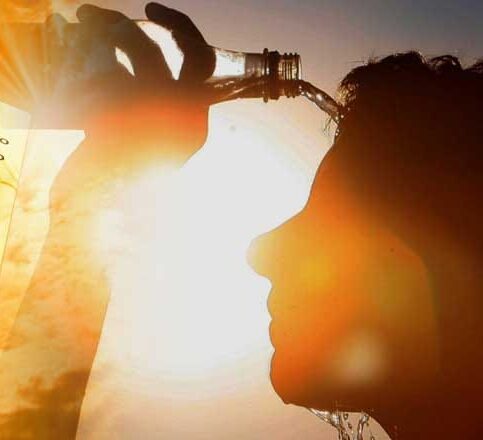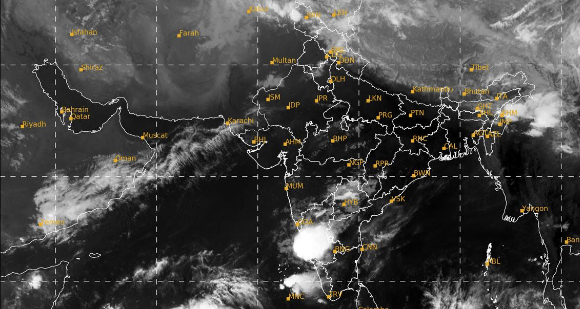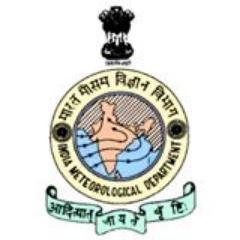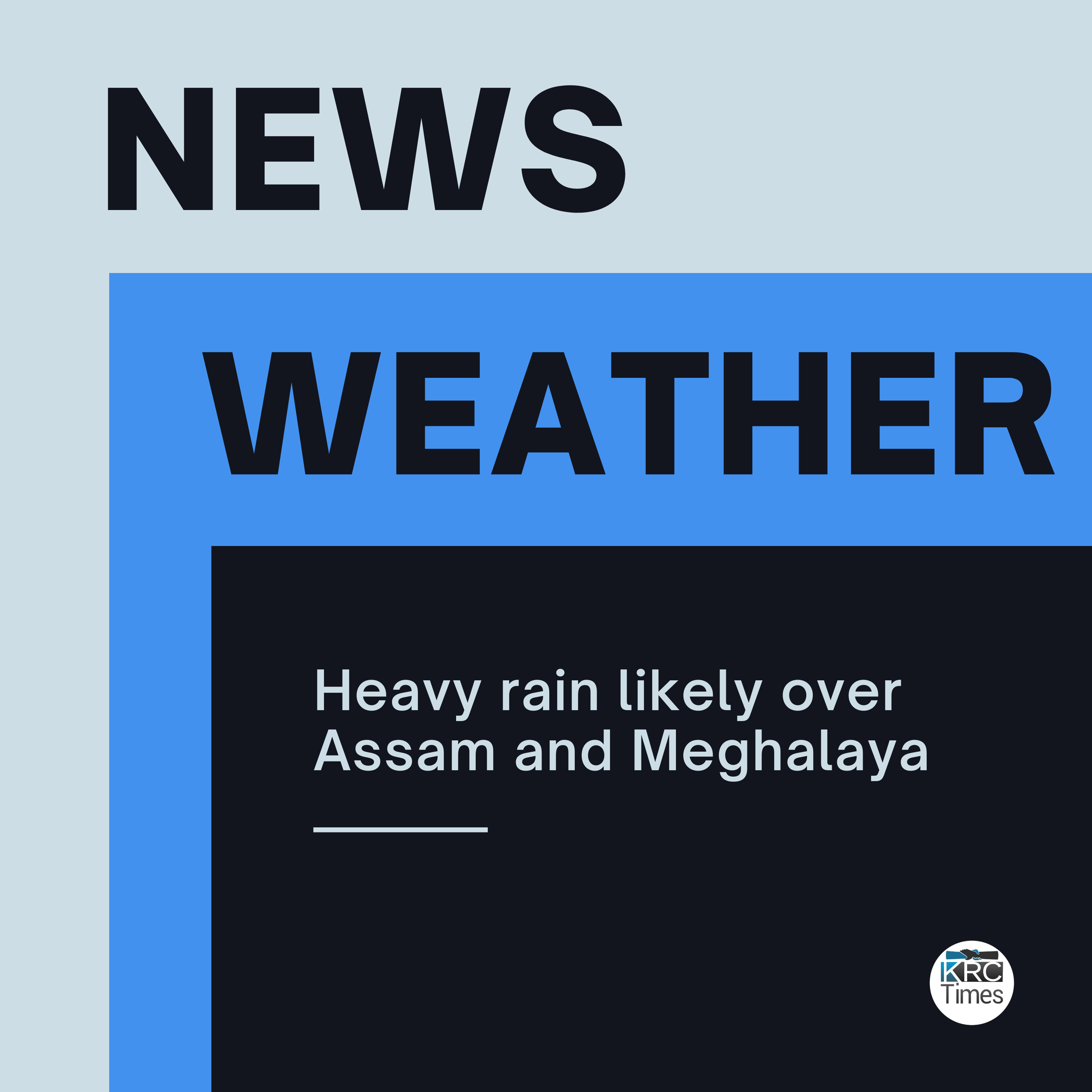The Department of Health and Family Welfare (DoHFW) has issued a public health advisory regarding the ongoing heat wave affecting several areas of the state. While actual temperatures may not be extremely high, the DoHFW warns that deviations from normal temperatures could have adverse effects, particularly on vulnerable populations
 KRC TIMES National Bureau
KRC TIMES National Bureau

The Department of Health and Family Welfare (DoHFW) has issued a public health advisory regarding the ongoing heat wave affecting several areas of the state. While actual temperatures may not be extremely high, the DoHFW warns that deviations from normal temperatures could have adverse effects, particularly on vulnerable populations.
To help protect the general public, the DoHFW has provided guidelines which include several do’s and don’ts:
It is advised to drink plenty of water, even if not feeling thirsty, and carry water while travelling. Homemade drinks such as lemon water, buttermilk, and fruit juices with added salt are also recommended. Eating fruits and vegetables with high water content, like watermelon and cucumber, is encouraged.
Additionally, individuals are advised to stay covered by wearing loose, light-coloured cotton clothing, using umbrellas or hats, and wearing shoes when going out in the sun. It is important to stay alert to local weather news through radios, TVs, newspapers, and the India Meteorological Department (IMD) website for weather updates at https://mausam.imd.gov.in/
To minimize heat exposure, individuals are advised to stay indoors or in shaded areas as much as possible. Keeping windows and curtains closed during the day and opening them at night to let cooler air in can also help. If outdoor activities are necessary, it is recommended to schedule them during cooler times of the day, such as mornings and evenings.
For vulnerable populations, including infants, young children, pregnant women, and individuals with pre-existing health conditions, additional attention is necessary. Such groups should be supervised and monitored daily. Elderly or sick people living alone should have their health closely monitored. Immersing feet in cool water, using fans and spray bottles, and applying damp cloths or ice towels are effective ways to cool down the body.
Several precautions should also be taken by employers and workers. Providing cool drinking water and shaded work areas, scheduling strenuous jobs during cooler times of the day, and increasing the frequency and length of rest breaks are recommended. Employers should ensure that workers are properly acclimatized and trained to recognize heat-related illness symptoms. Pregnant workers and those with medical conditions should consult with their physicians about working in hot conditions.
Lastly, during mass gatherings or sports events, attendees should be aware of the increased risk of heat-related illnesses due to physical exertion, direct sun exposure, overcrowding, and limited access to water, food, and shade. They are advised to stay hydrated, and cool, and seek medical care if experiencing any signs or symptoms of heat-related illness.
The DoHFW emphasizes the importance of following these guidelines to prevent the adverse effects of the ongoing heat wave and ensure the well-being of the general public, especially vulnerable groups.






